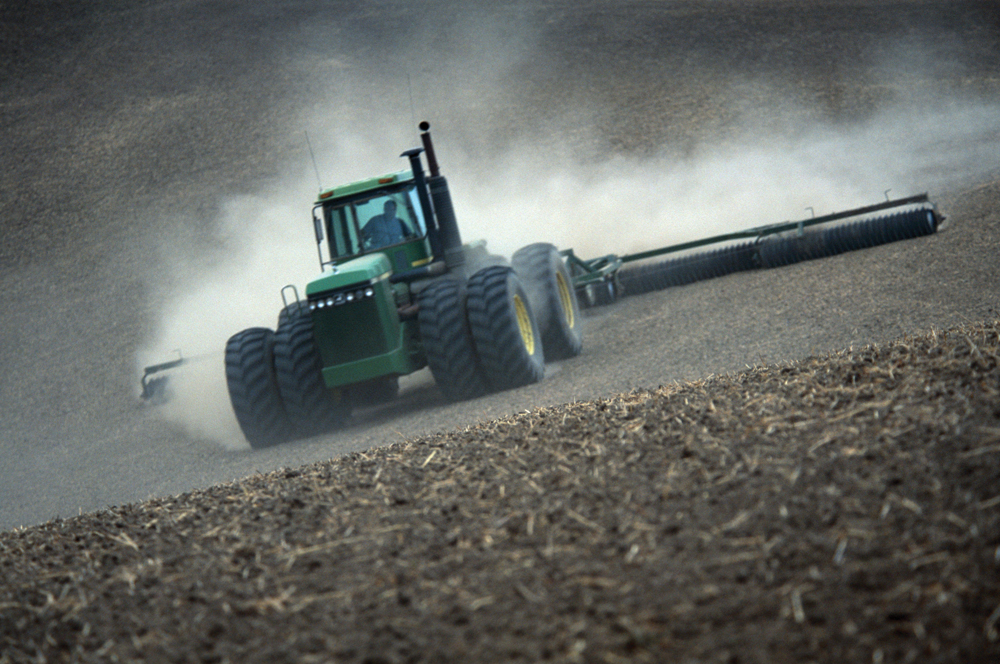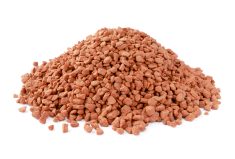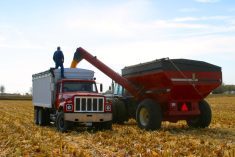Dutch researchers from the Potsdam Institute for Climate Change have published a paper in the journal Nature that says U.S. crop yields could be hard hit as the world warms.
To better assess how climate change caused by human greenhouse gas emissions will likely impact wheat, corn and soybean, an international team of scientists ran a comprehensive set of computer simulations of U.S. crop yields. The simulations incorporated physics, chemistry and biology and applied that knowledge to a robust dataset using algorithms to predict their interaction, said lead study author Bernhard Schauberger.
Read Also

Spoken questions are what make it an interview
Recently, I was exchanging emails with the media email account at a government agency, hoping to reach a source for…
“We know from observations that high temperatures can harm crops, but now we have a much better understanding of the processes,” Schauberger said. “But they of course cannot represent the entire complexity of the crop system, hence we call them models. In our study they have passed a critical test.”
The numbers from the study are alarming, suggesting yield reductions as high as 20 per cent for wheat, 40 per cent for soybean, and almost 50 per cent for corn by the year 2100.
The effects go far beyond the U.S., one of the largest crop exporters: world market crop prices might increase, which is an issue for food security in poor countries.
Irrigation could be a means for adaptation — yet only in regions where there’s sufficient water.
“The losses got substantially reduced when we increased irrigation of fields in the simulation, so water stress resulting from temperature increase seems to be a bigger factor than the heat itself,” says co-author Joshua Elliott from the University of Chicago.















